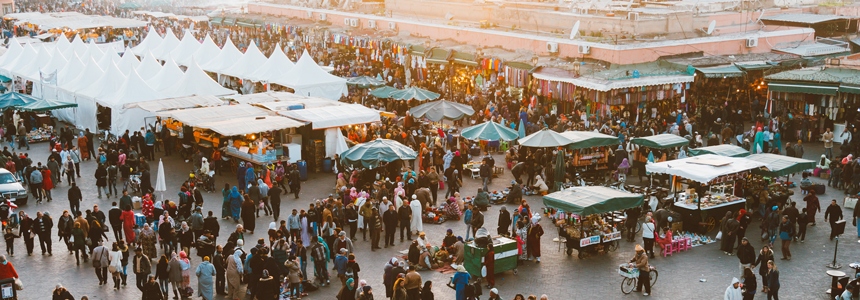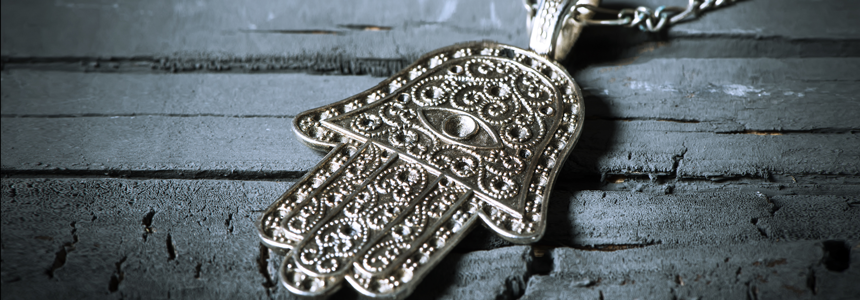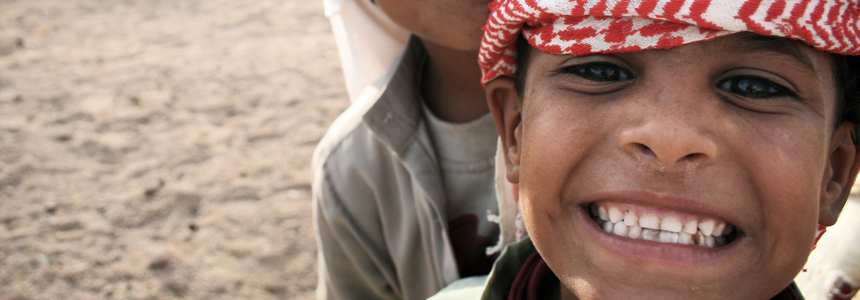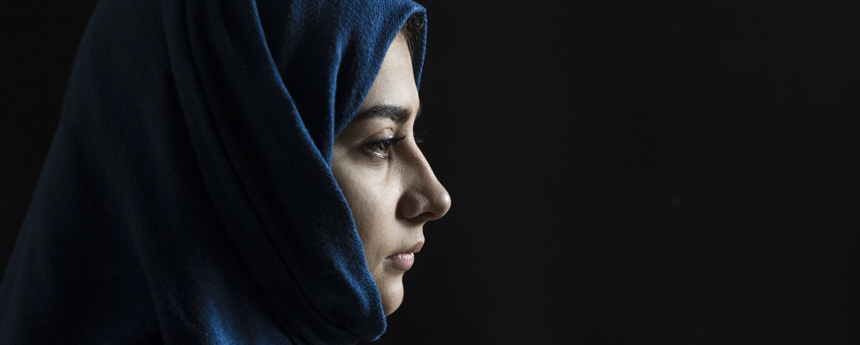As our prayer focus is the city of Safi in Morocco this month, we thought you might like to get further insights into the westernmost country of the Arab world. If you missed our In This City: Safi prayer guide, click here to read.
We have had an amazing 13 Moroccans make a profession of faith in the last month! Compared with other Muslim countries, Morocco is thought to be more lenient towards the Christian faith. But a lot of people struggle to overcome the fear of following Christ. In a state where the constitution allows for the freedom to practise one’s religion and encourages religious tolerance, why is it hard to become a Christian in Morocco?

1. You’re one in a million
It’s a cliche phrase, but it’s undoubtedly true for Moroccan seekers. With a populace of over 35 million, there are thought to be fewer than 6,000 local believers. Morocco is over 99 per cent Muslim, and the majority follow Sunni Islam.
Confused about Sunni vs Shia Islam?
There are more significant numbers of foreign Christians, but non-Muslims are forbidden to ‘shake the faith’ of Muslim citizens. Christian evangelism is not permitted, and non-Muslim religious literature is restricted. In the past, Christian expatriates have been deported after being accused of trying to convert locals. For a Moroccan seeking the truth, meeting a Christian who’s willing to talk about faith is a huge challenge.

2. Folk Islam
Folk Islam continues to be an issue for many Moroccans. It is a range of superstitious beliefs and practices, some of which would be considered witchcraft. These practices include seeking help from jinn (spirits or demons), praying at the tomb of a saint, making and using magic potions, cursing someone with the evil eye, and wearing or displaying the hand of Fatima for protection.
The majority of Muslims would say it is wrong to practice such things. Yet the desire for power and longing for personal relationship with the supernatural entices many Moroccan Muslims to follow Folk Islam in some way. Many are superstitious, fearing that they will bring misfortune upon themselves, their house, or their community by leaving their religion.

3. What’s your social status?
Access to Christian resources is often determined by wealth. Nationally, the subjective poverty rate (the percentage of households considering themselves poor) increased from 42 per cent in 2007 to 45 per cent in 2014, especially in rural areas. If people cannot afford access to education or media, how will they encounter the gospel?
Back in 1994, the adult literacy rate in Morocco was a mere 42 per cent. The government tried to tackle this issue, and literacy rates have grown to 70 per cent. But that still leaves approximately 30 per cent of the adult population unable to read. If you cannot read, how do you access information?

4. Abandoning traditions
In cities, like Safi, where most people have a basic secondary school education, Christian resources in the local language are still limited and difficult to find. Non-Muslim religious literature is restricted. But even if a seeker does come by some Christian resources, he or she will feel the pressure of strong expectations to be loyal to Islam, king, and country. A Muslim who decides to follow Jesus is regarded as bringing shame to their family and community.
Christianity is often regarded as a westernising or foreign faith that undermines the local ways of life. In smaller, rural communities, tribal mentality usually prevails, and many families tend towards more conservative Islam. If a Moroccan seeker from such a community is discovered, the consequences are often more severe. A survey of 25,000 people over ten Arab countries found that honour killing was seen as acceptable by a quarter of people in Morocco. Abandoning traditions is a big concern, raising questions in their minds like what they do during the month of Ramadan.
5. Splitting the family
How will I find a Christian spouse? Do I need to get a divorce? Will I lose my children? What if my parents disown me?
Marriage and children are essentially the two most important things in Moroccan life. It’s a concept that is instilled in every Moroccan from a young age. Women have an age pressure to marry and can be nicknamed ‘spinster’ by the age of 30; the number of children a man fathers determines his manhood. Seekers who want to profess faith in Christ are aware that they may be putting their whole family life in jeopardy. And for many, this fear is insurmountable.
But it’s not all bad news!
We are encouraged to hear regularly from seekers in Morocco. Ishmael* is just one example. He professed his faith in the Lord back in 2017 and has had ongoing contact with our responders since.
‘I desire to serve the Lord. Please pray for my friend who is interested in the Christian faith. Please also pray for my sister – she has started to read the gospel!’
Ishmael is keen to share the truth of his salvation with more of his friends and is currently looking for a local church to attend. We thank God that he is continuing to draw Moroccans to his heart.
Prayer points
- Pray that the spirit of fear that affects so many in Morocco would be broken in Jesus’ name.
- Intercede that locals would be emboldened to seek God.
- Pray for spiritual protection over local and foreign believers, and that they may have more opportunities to share the gospel truth.
* Names changed for security. Images are representational.
